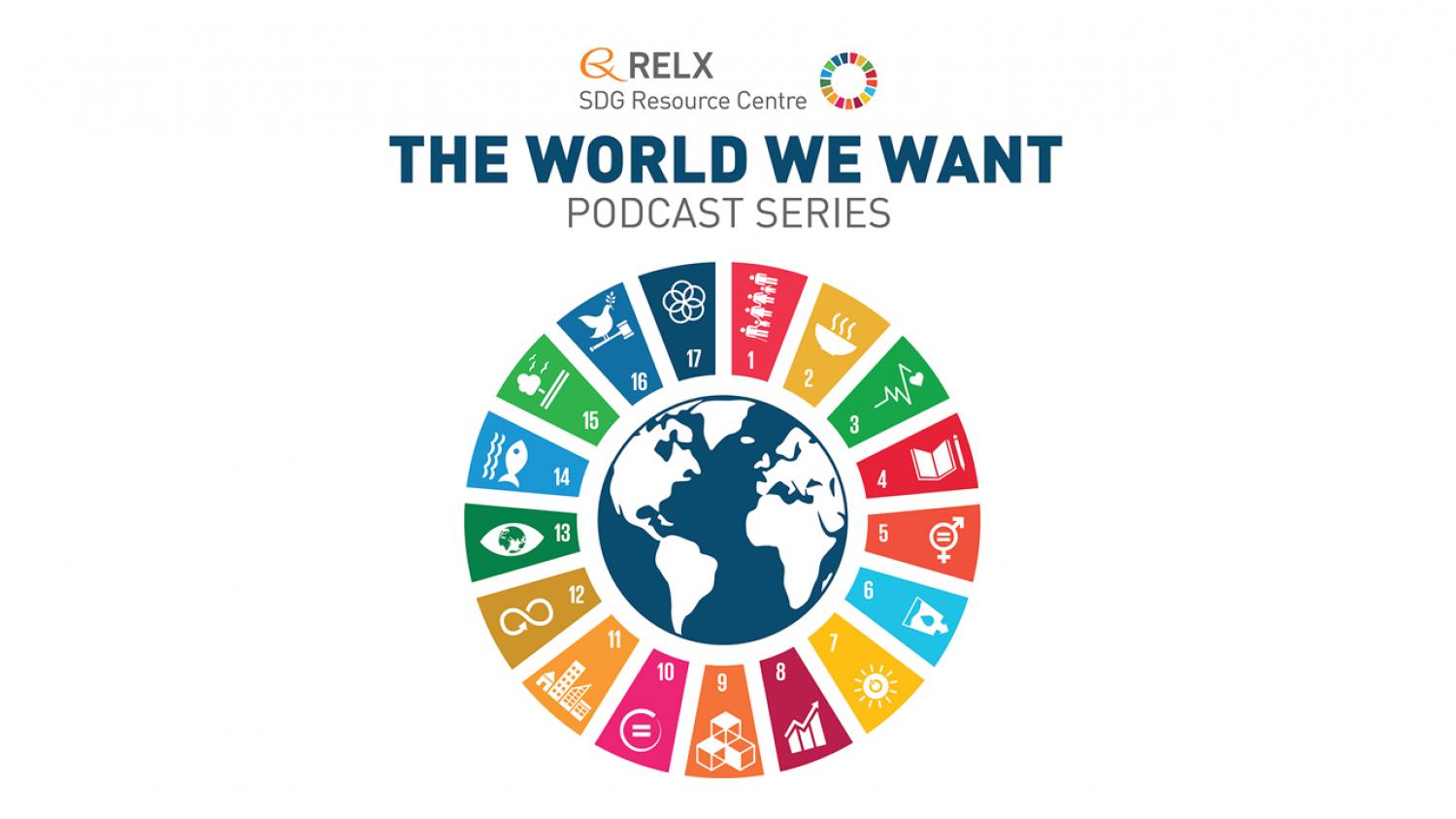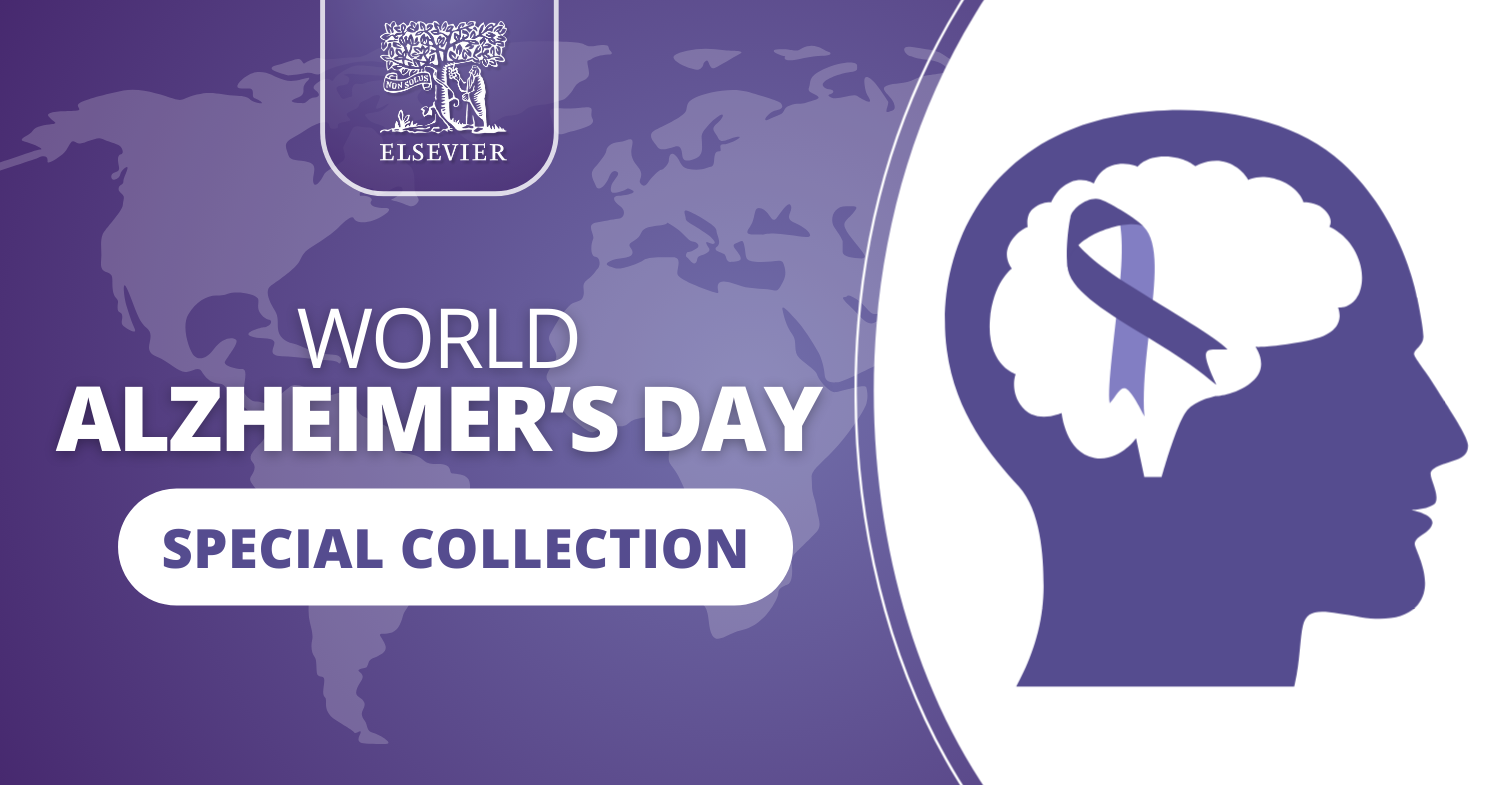Observed on Tuesday, September 30, 2026, International Translation Day pays tribute to language professionals whose work enables cooperation across borders. Translators, interpreters, editors, and terminology experts make dialogue possible, protect clarity in public discourse, and help strengthen peace and security worldwide.
This article is a review of the global commitments to ending hunger and achieving SDG2 by 2030, analisesthe rhetoric, actionable plans, financing, and accountability mechanisms. Strengthening global governance and institutionalizing monitoring of commitments are essential to translate these declarations into effective national policies.
World Alzheimer's Day, observed every year on September 21st, is an international campaign to raise awareness and challenge the stigma surrounding Alzheimer's disease and other forms of dementia. With over 50 million people worldwide living with dementia and millions more being diagnosed every year, it is crucial to improve public understanding and provide support for those affected. In this article, we will discuss the significance of World Alzheimer's Day and share ways you can get involved to make a difference.
Journal of the Society for Cardiovascular Angiography and Interventions, Volume 4, September 2025
This content aligns with SDG 3 and 12: This chapter discusses the potential use of microorganisms (bacteria, microalgae, and zooplankton) to substitute high value foods such as fish meal, fish oil, and plant-based supplements.



